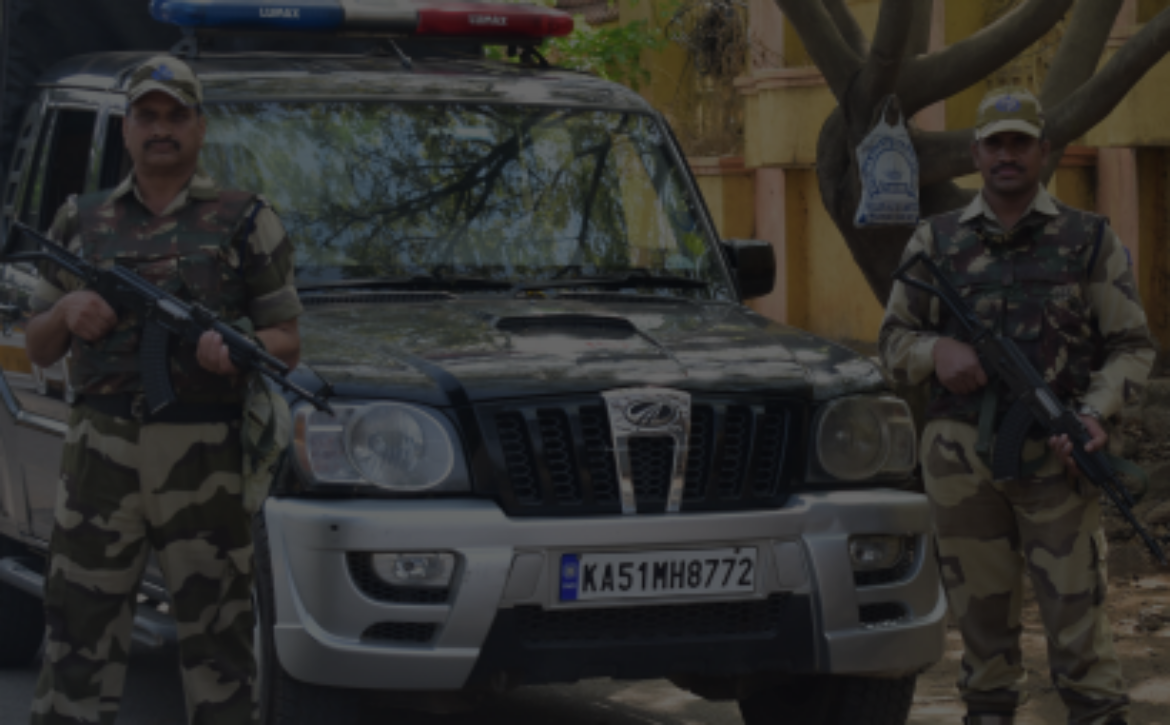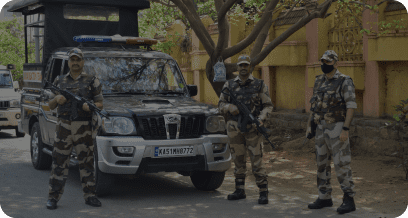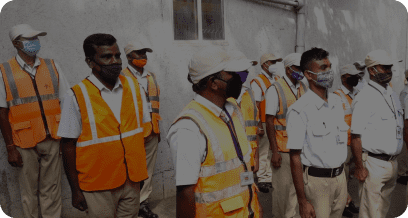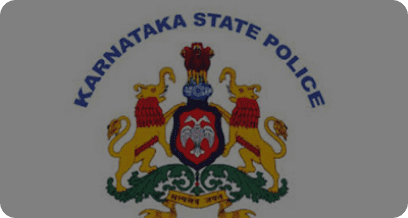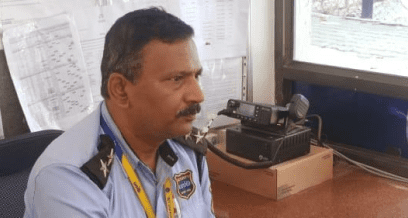Accounts and Finance
Objective:
Manage accounts and finances in alignment with the guidance of the Management Committee and strict adherence to the Karnataka Municipalities Accounting and Budgeting Rules, 2006, as outlined by the Karnataka Municipalities Act 1964.
1. Demand Note Management
Demand notes are raised on Member companies for taxes and levies, ensuring accurate and timely communication to facilitate a streamlined payment process.
Demand Notes will be promptly sent to the authorized representative of Member Companies via their registered e-mail addresses on or before 15th April of each year. This serves as official communication for the payment of property tax and levies.
The due date for the payment of property tax and levies is 30th June of the year. In the event of a delay in payment, an interest rate of 24% per annum will be charged.
Property Tax & Levies Rates are as follows for financial year:| S.No | TYPE OF TAX / LEVY | DETAILS | AMOUNT (INR) PER SQFT |
|---|---|---|---|
| 1 | Property Tax | Buildings – Built-up Area | 3.60 |
| Open / Vacant Area | 0.72 | ||
| Add Cess @ 26% above | – | ||
| 2 | Safety & Traffic Management Services | Safety & Traffic Management Services | 1.75 |
| 3 | Public Utility Services Charges | Buildings – Built-up Area | 1.20 |
| 4 | Infrastructure Charges | a) Built-up Area up to 20000 SQFT | 0.75 |
| b) Built-up Area 20001 SQFT and above | 1.00 | ||
| 5 | CISF Charges | a) Built-up Area 0-20000 SQFT | NIL |
| b) Built-up Area 20001 – 50000 SQFT | 0.50 | ||
| c) Built-up Area 50001 – 200000 SQFT | 2.00 | ||
| d) Built-up Area 200001 & above | 5.00 |
The collection of 26% cess shall be remitted as follows on a quarterly basis:
a) 3% to Beggary Cess
b) 15% Health Cess
c) 6% Library Cess
d) 2% Urban Transport cess
2. Budget Planning
Preparing the annual expense budget for the organization, effectively allocating resources and optimizing financial planning to support the organization’s objectives.
The budgeting cycle begins in October each year. During this process, the budget requirements for the upcoming fiscal year should be submitted by the end of November. The Revenue or Maintenance budget, which covers ongoing expenses, and the Capital budget, which pertains to investments and long-term projects are the two types of budget involved.
The Management Committee reviews the consolidated budget, which is submitted to the Government before January 30th. In accordance with the budget regulations of the Government of Karnataka, there is a provision for submitting a revised budget by the end of November.
3. Payment Processing:
All approved payments to Statutory bodies, service providers, and suppliers are handled, ensuring prompt and accurate processing to maintain strong vendor relationships and smooth operational functioning.
Payments to Statutory bodies, service providers, contractors, and suppliers will be facilitated through secure means such as ‘Account Payee’ cheques, NEFT (National Electronic Funds Transfer), or RTGS (Real Time Gross Settlement). For significant projects, contractors will receive mobilization advances only after providing additional securities, such as a bank guarantee, FD’s.
4. Payroll Administration:
Ensuring timely payment of salaries and wages to employees and consultants. Employee satisfaction is prioritized, and all legal and contractual obligations are adhered to The Human Resources Function prepares the salary list for each month, which is then submitted to the Accounts team. Subsequently, the Accounts team facilitates direct payment to employees’ bank accounts.
5. Financial Review:
Regular financial reviews are conducted in collaboration with the Management & Management Committee. Comprehensive reports and insights are provided to support informed decision-making and assess the financial health of the organization.
On a monthly basis, the Management Committee conducts a comprehensive review of all financial aspects, including receivables, income and expenditure.
6. Audit Planning:
7. Publication of Financial Statements:
Publishing the Balance Sheet as per regulatory requirements, reflecting financial transparency and responsible governance.
The Accounts team collaborates with internal auditors to diligently prepare the Balance Sheet and Income and expenditure account annually, ensuring completion before the end of June.
Key People
For any inquiries or assistance related to accounts and finance matters, please feel free to reach out to our team:







